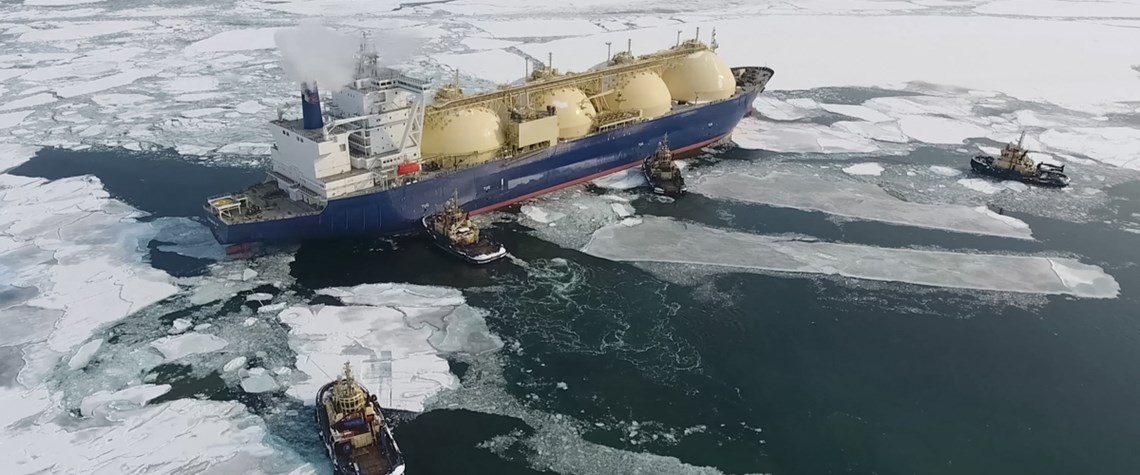LNG shipping set for more challenges
The sector may have seen a more rational 2020 so far. But that is no guarantee it has learnt its lessons
Some capital discipline appears to have materialised—or perhaps been forced on to ship owners—in the LNG shipping sector in 2020, after several years of subpar returns, deeply depressed share prices and general angst. But there remain significant risks to calling any definitive return to better times. LNG shipping has over the past 10-15 years transitioned from a floating pipeline market to a more commoditised, increasingly spot-orientated business more similar to the crude tanker market. The combination of an increased number of LNG buyers and sellers and a knife fight to win long-term contracts led to ship owners increasingly being willing to accept: 1) building on a speculative basis i

Also in this section
22 July 2025
Next year’s WPC Energy Congress taking place in April in Riyadh, Saudi Arabia will continue to promote the role of women in the energy sector, with a number of events focusing on the issue.
22 July 2025
Pedro Miras is the serving President of WPC Energy for the current cycle which will culminate with the 25th WPC Energy Congress in Riyadh, Saudi Arabia in April 2026. He has over 30 years of experience in the energy sector, including stints with Repsol and the IEA. Here he talks to Petroleum Economist about the challenges and opportunities the global energy sector currently faces.
17 July 2025
US downstream sector in key state feels the pain of high costs, an environmental squeeze and the effects of broader market trends
16 July 2025
Crude quality issues are an often understated risk to energy security, highlighted by problems at a key US refinery








